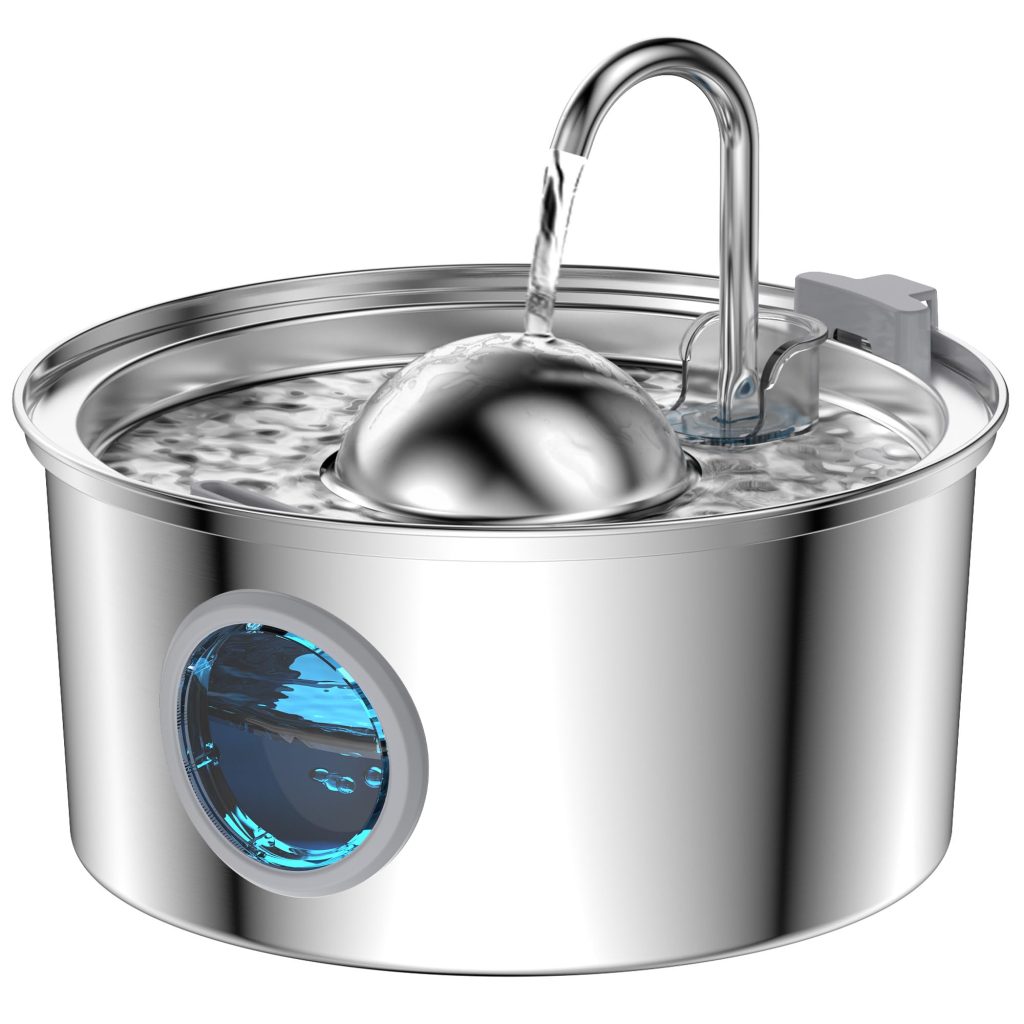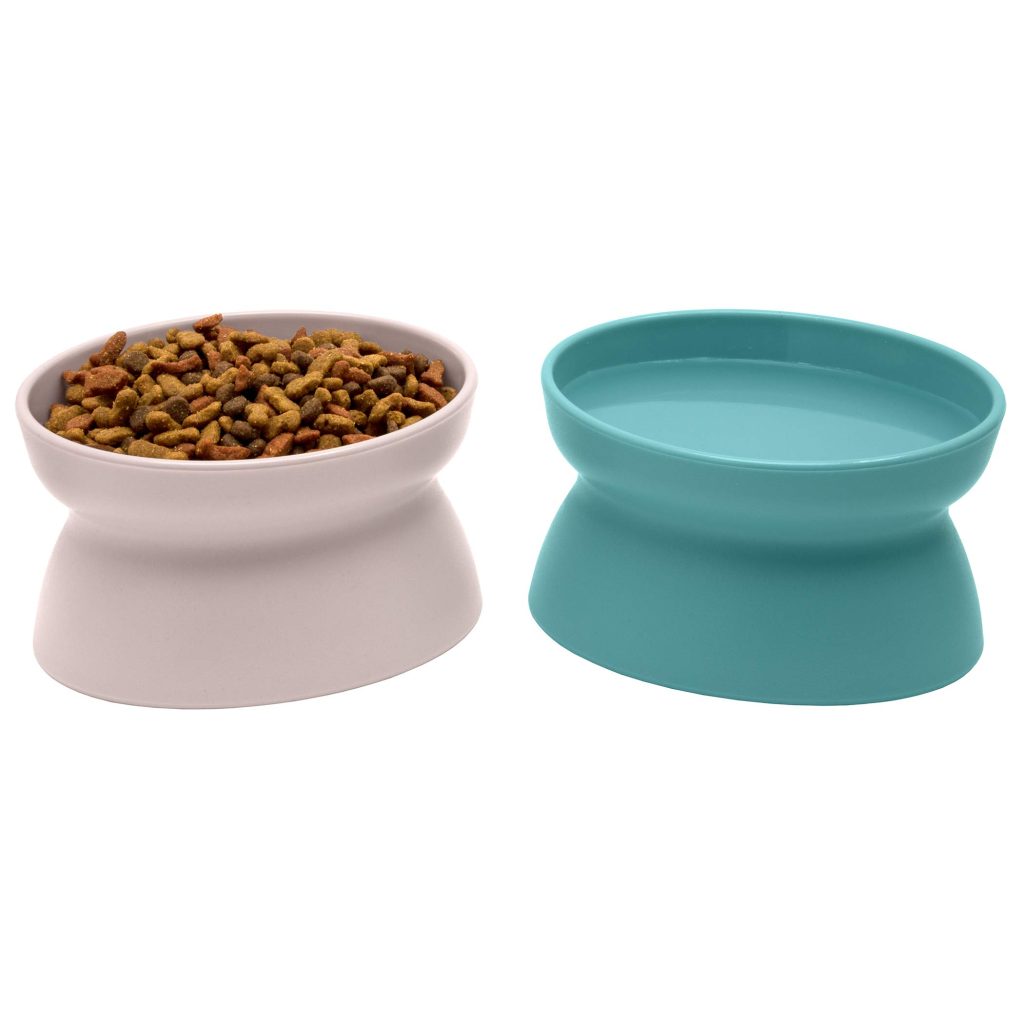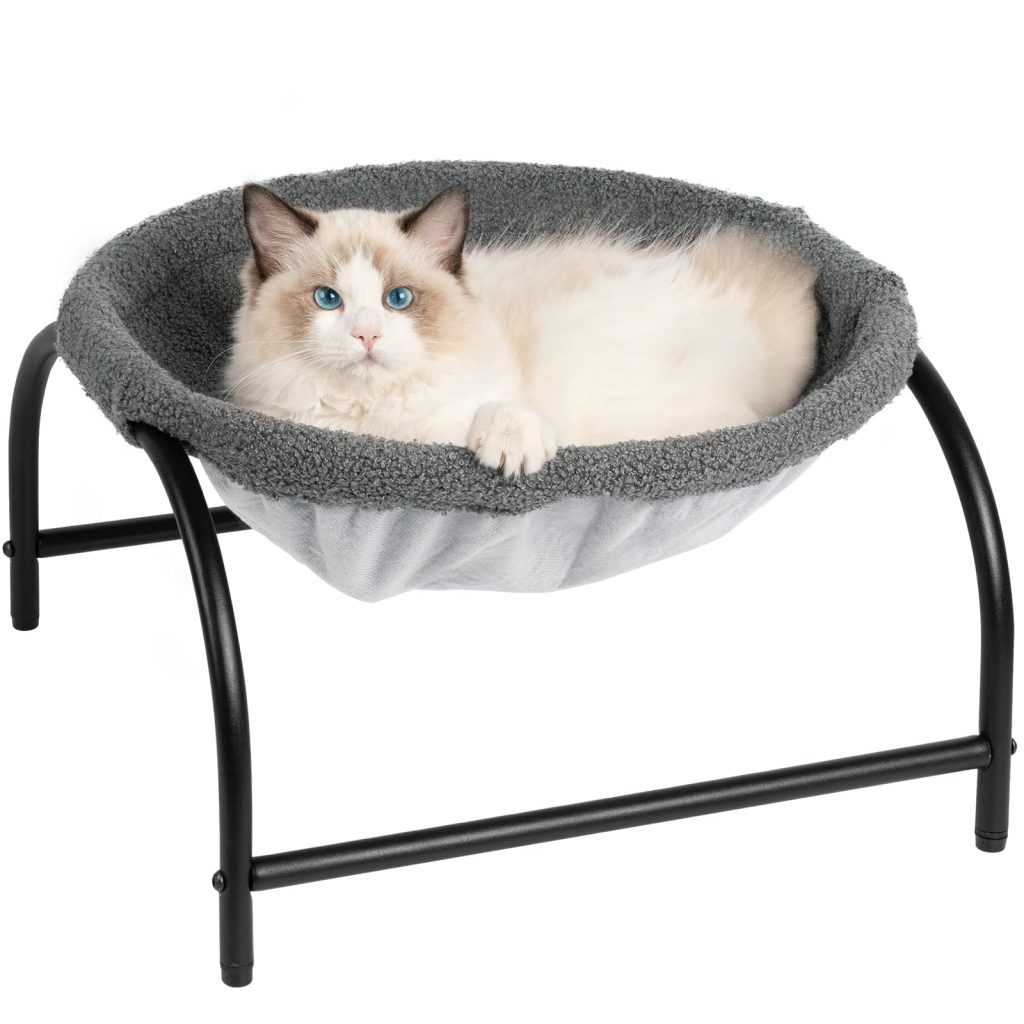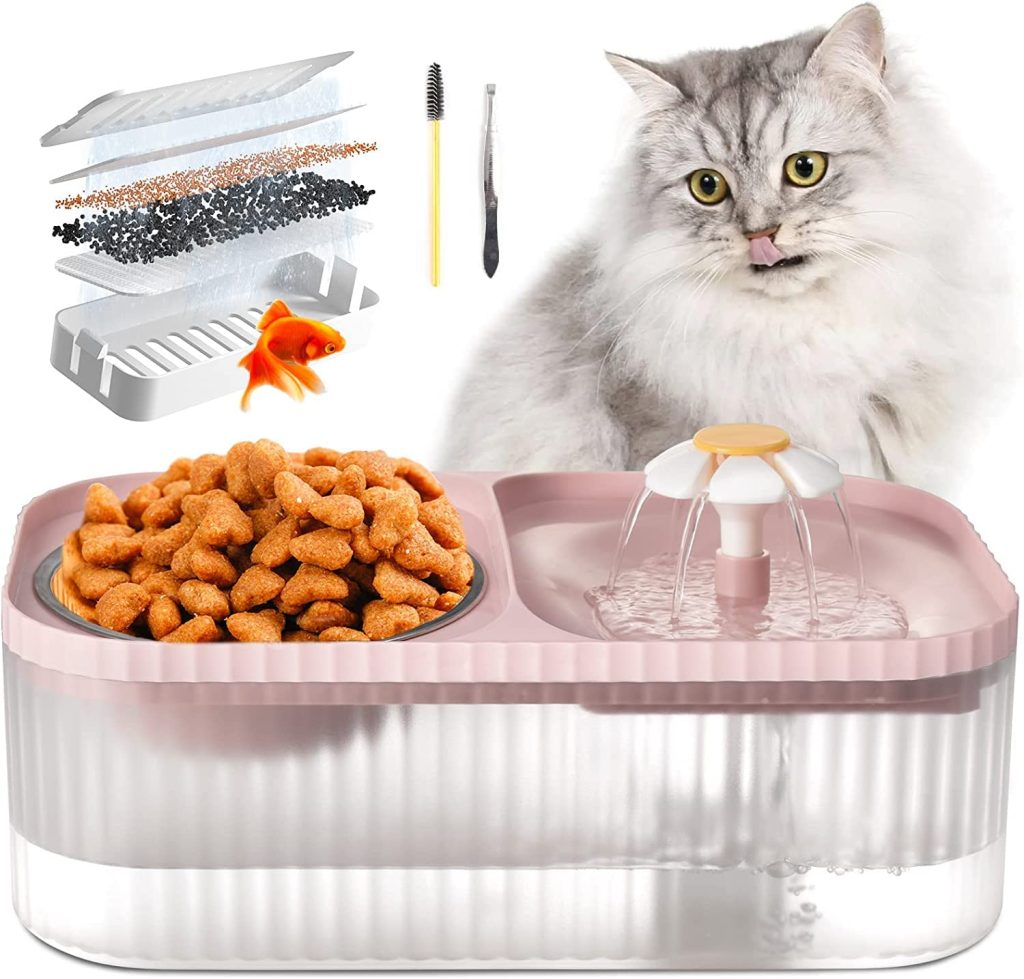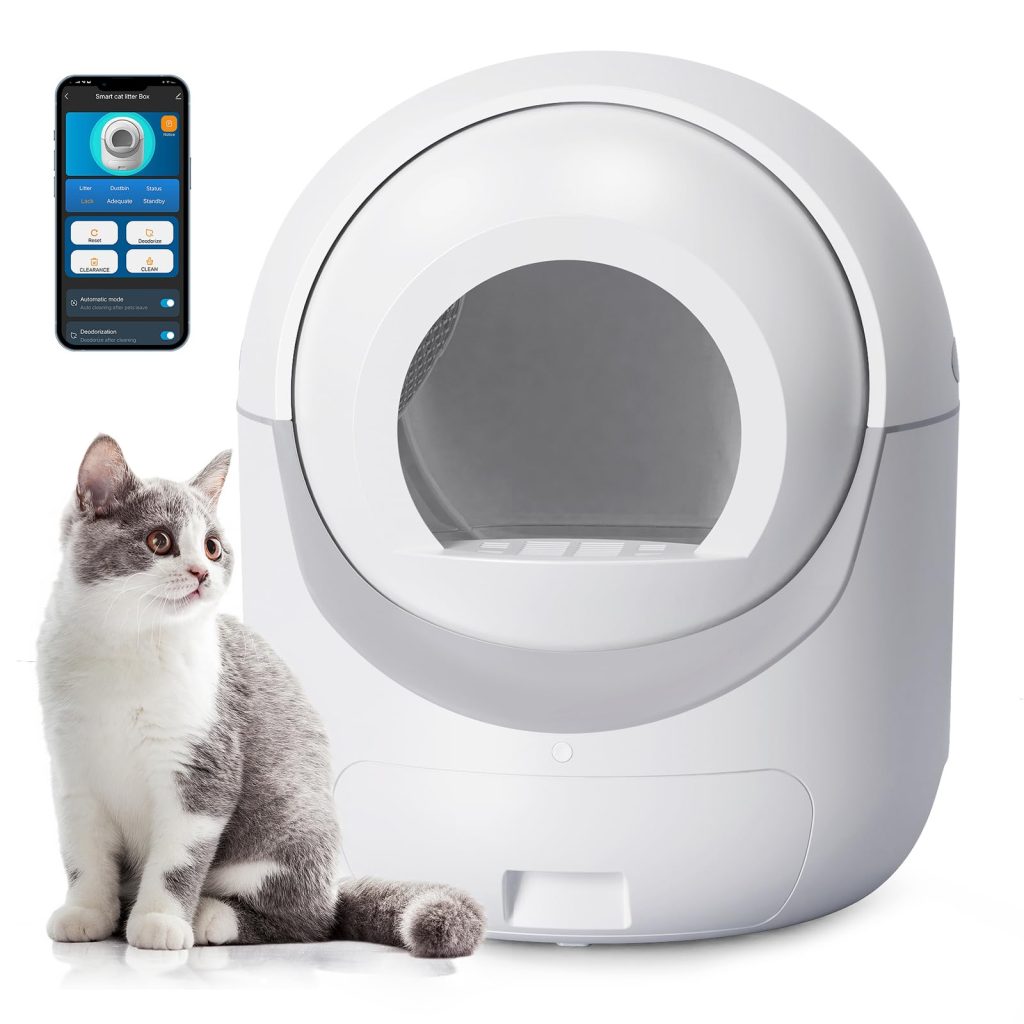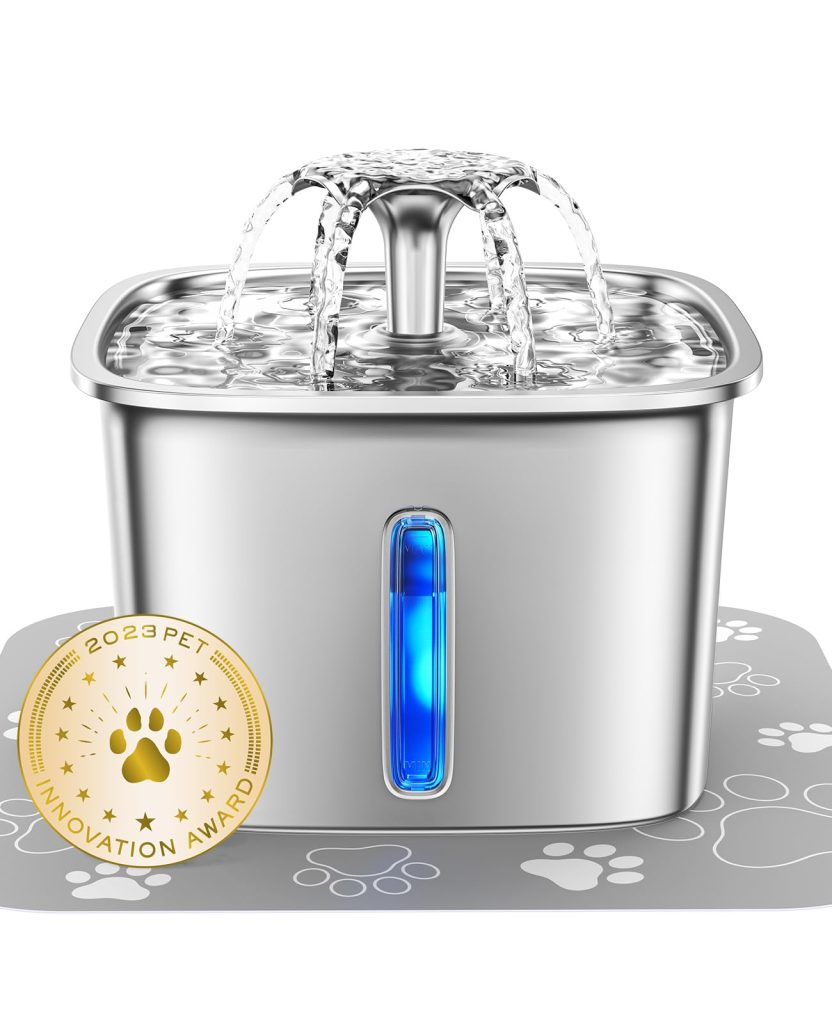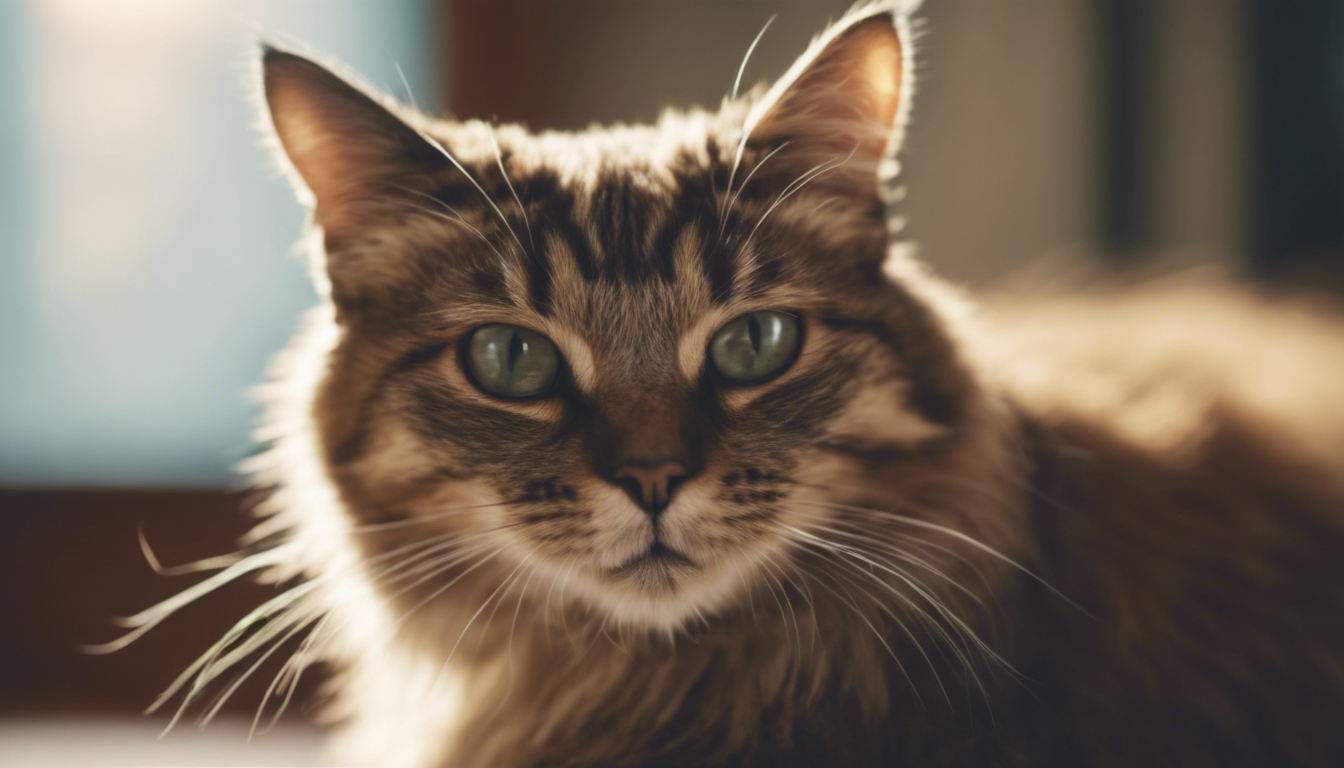
Feline Inflammatory Bowel Disease (IBD) is a common condition that affects cats, causing chronic inflammation of the digestive tract. It can have a significant impact on a cat’s health and well-being if left untreated. Recognizing the signs of this disease early on is important for timely intervention and effective management.
Significance of Recognizing Feline Inflammatory Bowel Disease
IBD is a serious condition that can lead to various complications if not detected and managed promptly. By recognizing the signs of this disease, cat owners can ensure early detection, diagnosis, and treatment, which can greatly improve their feline companion’s quality of life.
Early recognition of IBD allows for accurate diagnosis, enabling veterinarians to tailor an appropriate treatment plan specific to the individual cat’s needs. It also helps prevent the progression of the disease and the development of severe symptoms, such as weight loss, vomiting, and diarrhea.
Recognizing Signs of Feline Inflammatory Bowel Disease
It is important for cat owners to be observant and familiarize themselves with the common signs that may indicate the presence of IBD in their feline friend. These signs may include:
- Chronic gastrointestinal symptoms: Frequent vomiting, diarrhea, or both
- Weight loss: Unexplained weight loss despite a normal or increased appetite
- Changes in appetite: Loss of appetite or increased hunger
- Lethargy: Lack of energy and decreased activity levels
- Abdominal discomfort: Cats may exhibit signs of pain or discomfort, such as restlessness or sensitivity when their abdomen is touched
If any of these signs are observed in a cat, it is important to consult a veterinarian for further evaluation. Diagnostic tests, such as blood work, fecal analysis, and imaging studies, may be necessary to confirm the presence of IBD and rule out other underlying conditions.
The Role of Nutritional Management
Diet plays a important role in managing feline IBD. A specialized diet recommended by a veterinarian can help reduce inflammation, support proper gastrointestinal functioning, and alleviate symptoms.
The ideal diet for cats with IBD should be highly digestible and contain novel or hydrolyzed protein sources that are less likely to trigger an immune response. It should also be low in fat and fiber to ease digestion and minimize gastrointestinal irritation.
Additionally, some cats may benefit from the inclusion of prebiotics or probiotics in their diet to promote a healthy intestinal microbiome and enhance nutrient absorption.
Positive Impact of Early Recognition and Management
By recognizing the signs of IBD and seeking early veterinary intervention, cat owners can effectively manage the disease, enhance their feline companion’s overall health, and improve their quality of life.
Proper management of feline IBD can help alleviate gastrointestinal symptoms, such as vomiting and diarrhea, and prevent further complications. It can also help stabilize weight loss, restore appetite, and improve energy levels in affected cats.
Moreover, by working closely with a veterinarian, cat owners can develop a long-term management plan that may include dietary modifications, medication, and regular monitoring to ensure the disease remains under control.
Remember: Recognizing the signs of feline IBD is important for early detection and effective management. If you notice any chronic gastrointestinal symptoms or unexplained changes in your cat’s behavior or appetite, consult a veterinarian for a comprehensive evaluation and appropriate treatment. By prioritizing your cat’s health and well-being, you’re taking an important step towards providing them with a happy and fulfilling life.
